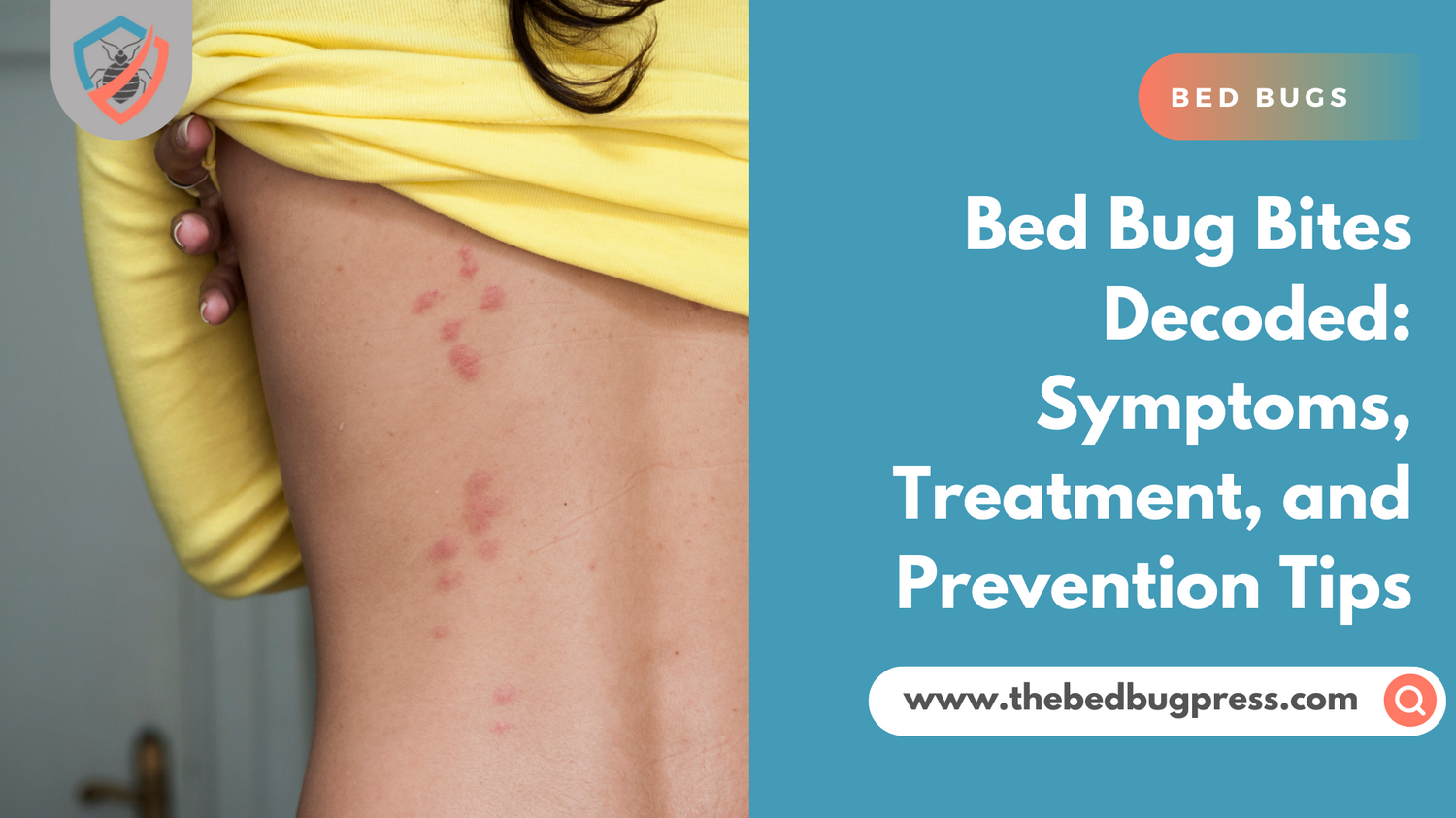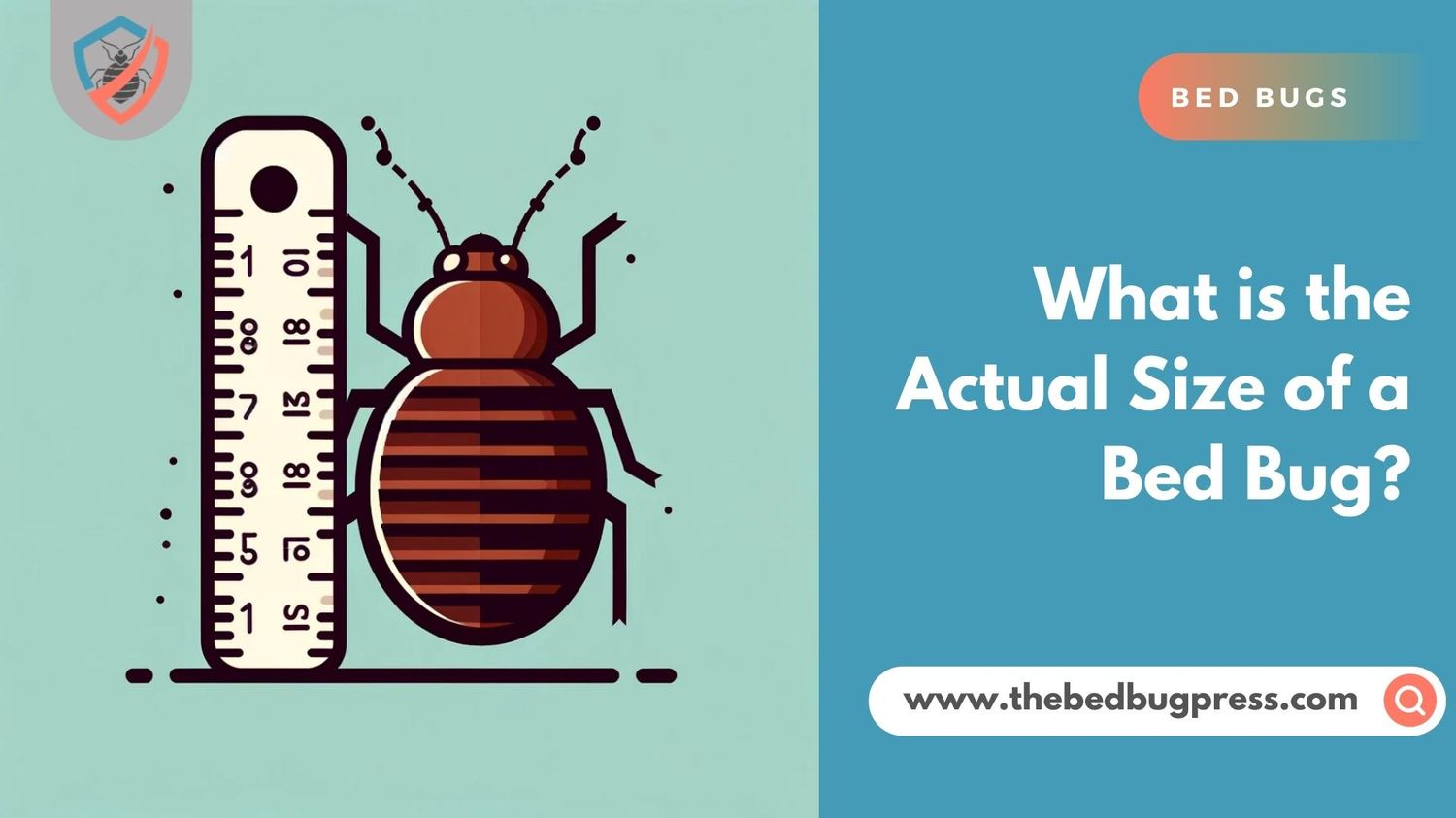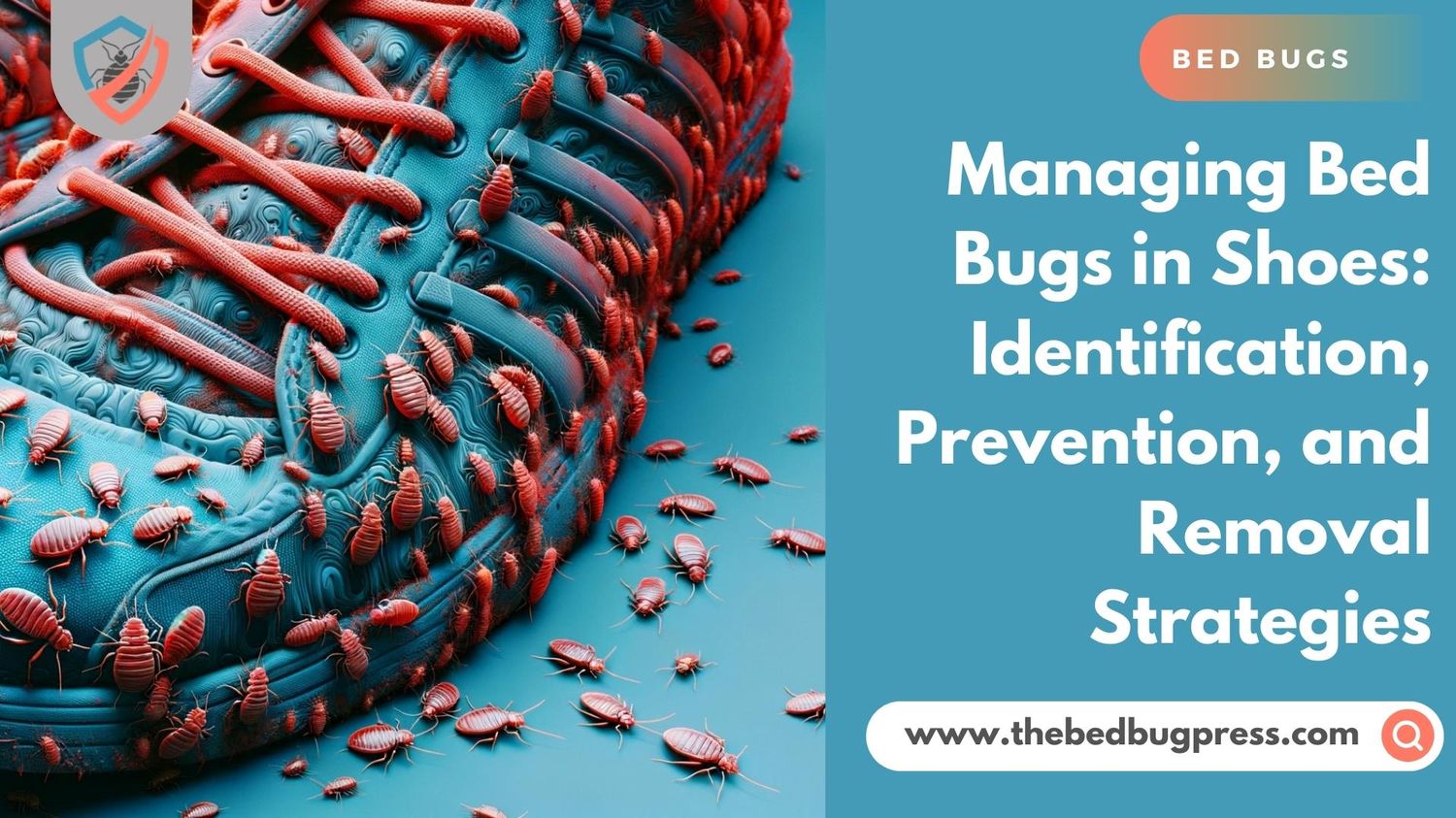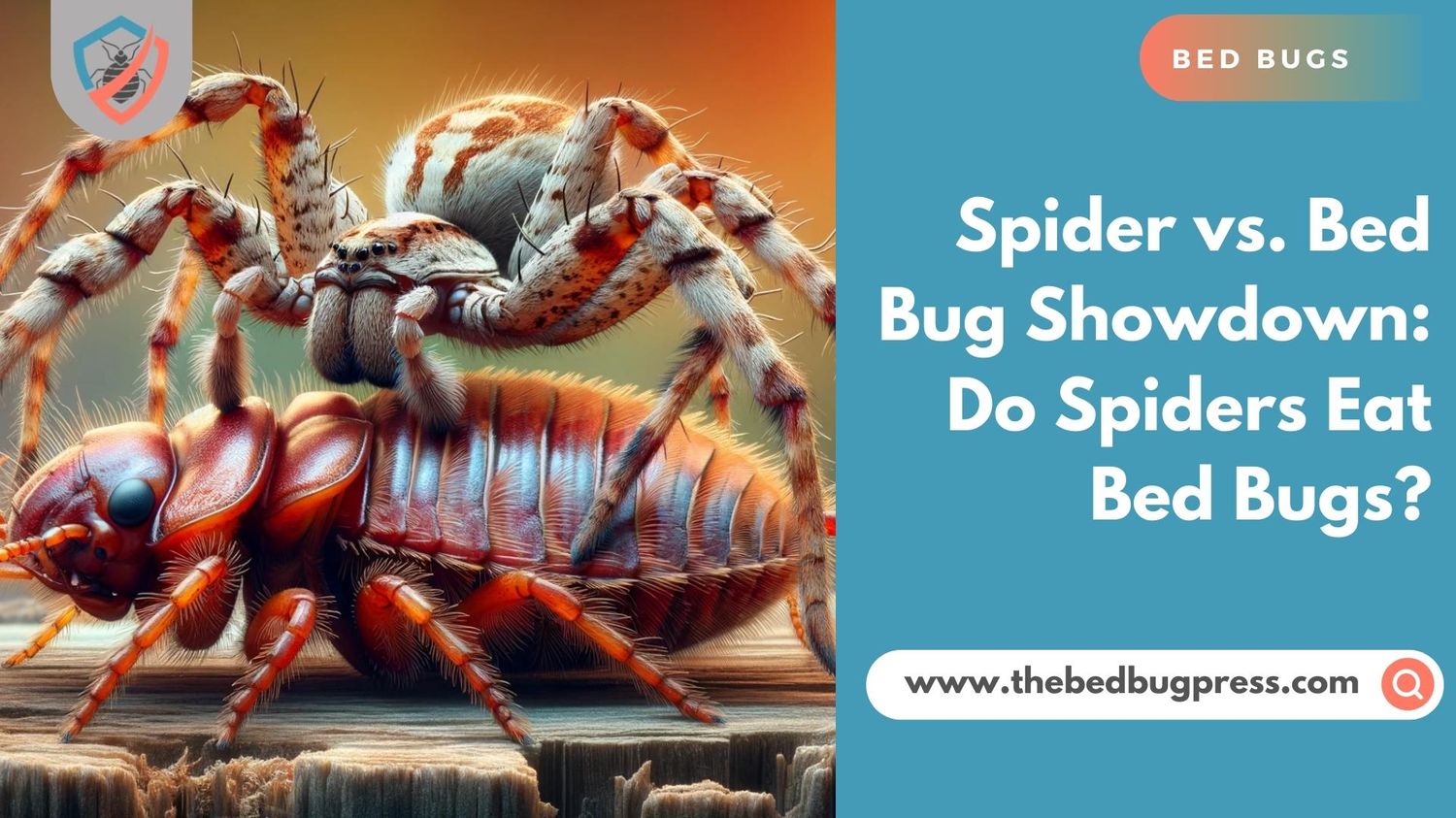Bed bugs are a common household pest that can cause discomfort and frustration for homeowners. Many people turn to chemical insecticides to eradicate these pests, but for those who prefer natural remedies, vinegar is often touted as an effective solution.
But can vinegar really eliminate bed bugs? In this article, we will explore the effectiveness of vinegar against bed bugs and provide insights into how it works, its limitations, and alternative methods for dealing with bed bug infestations.
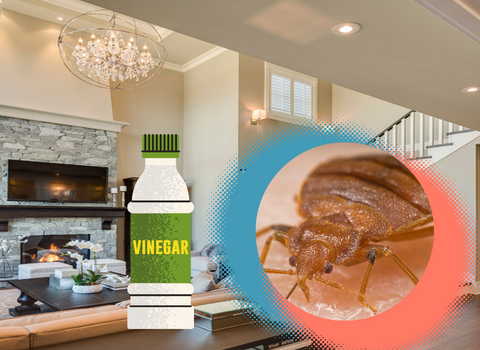
Debunking the Myth: Vinegar as a Bed Bug Solution
Vinegar is believed to have an impact on bed bugs due to its acetic acid content. It is produced by fermenting alcohol until the ethanol is depleted and can be derived from various sources such as grapes, corn, apples, rice, and barley. Different types of vinegar can also be created using alternative ingredients.
The efficacy of vinegar in killing bed bugs and their eggs depends on the concentration used. Directly spraying high-concentration vinegar onto these pests will interfere with their nervous system and increase the chances of extermination. However, it should not be solely relied upon to eradicate an infestation as it may only work against visible bed bugs and not those hidden in crevices or cracks. Vinegar can serve as a temporary repellent while searching for more lasting and effective treatments.
Can Vinegar Kill Bed Bugs: Tips and Best Practices
If you’re dealing with a bed bug infestation and considering using vinegar as a treatment option, there are some tips and best practices to keep in mind.
Use high-concentration vinegar: To increase the chances of killing bed bugs on contact, it’s recommended to use vinegar with a high concentration of acetic acid. This is typically found in white distilled vinegar or apple cider vinegar that has been left to ferment for an extended period.
Test on small areas first: Before spraying vinegar on your mattress or furniture, test it on a small inconspicuous area first to ensure it doesn’t cause any damage or discoloration.
Directly spray bed bugs: When using vinegar as a treatment method, it’s essential to directly spray the bed bugs themselves rather than just their hiding spots. Vinegar only works when it comes into contact with insects, so aim for direct application.
Use alongside other treatments: While vinegar can be effective at killing individual bed bugs, it should not be relied upon as the sole solution for a bed bug infestation. Consider using professional pest control services and other natural remedies alongside vinegar for a more comprehensive treatment.
Repeat applications: Bed bug eggs are incredibly resilient and require multiple treatments before they can be fully exterminated. Therefore, repeated applications of vinegar may be necessary over several weeks or months.
While using vinegar as a bed bug treatment can be effective in some cases, it’s important to remember that it should not be solely relied upon as a solution for a bed bug infestation. By following these tips and best practices and combining vinegar with other treatments, you can increase your chances of successfully eliminating bed bugs from your home.
Which Type of Vinegar is Most Effective Against Bed Bugs?
When it comes to using vinegar as a treatment for bed bugs, white distilled vinegar is generally considered to be the most effective option. This is because white vinegar has a higher concentration of acetic acid compared to other types of vinegar, making it more potent in killing bed bugs and their eggs on contact.
Apple cider vinegar can also be effective, but it should be noted that its effectiveness may vary depending on the brand and fermentation process. Other types of vinegar such as red wine vinegar or balsamic vinegar have lower concentrations of acetic acid and are therefore less effective against bed bugs.
Keep in mind that while vinegar can be useful in killing individual bed bugs, it should not be solely relied upon as the only treatment for a bed bug infestation. Combining vinegar with other treatment methods such as professional pest control services or natural remedies can increase your chances of successfully eliminating bed bugs from your home.
The Timeframe for Killing Bed Bugs with Vinegar
The timeframe for killing bed bugs with vinegar can vary depending on a few factors, such as the concentration of acetic acid in the vinegar, the size of the infestation, and how often you apply the treatment.
When using vinegar as a treatment method for bed bugs, it’s important to note that it may not be an immediate solution. Vinegar works by coming into direct contact with bed bugs and their eggs, so repeated applications over several weeks or months may be necessary to fully eradicate an infestation.
Additionally, while vinegar can be effective at killing individual bed bugs on contact, it may not penetrate deeply enough into surfaces to reach all hiding spots or kill bed bug eggs. Therefore, it’s recommended to combine vinegar treatment with other methods such as professional pest control services and natural remedies for a more comprehensive approach.
Does Vinegar Eradicate Bed Bug Eggs?
Bed bug eggs are typically laid in hard-to-reach areas such as cracks and crevices, and they are often coated with a sticky substance that can protect them from external treatments like vinegar. Additionally, bed bug eggs can take up to two weeks to hatch, so repeated applications of vinegar over several weeks or months may be necessary in killing bed bug eggs.
While vinegar can be a useful tool in the fight against bed bugs, it should not be relied upon as the only solution for an infestation. Combining vinegar treatment with other methods such as professional pest control services and natural remedies can increase your chances of successfully eliminating bed bugs and their eggs from your home.
Does Vinegar Scent Have an Impact on Bed Bugs?
There is some evidence to suggest that bed bugs hate the scent of vinegar. Bed bugs rely heavily on their sense of smell to locate hosts, and strong odors such as vinegar can be disruptive to their ability to detect potential food sources.
However, it’s important to note that while the scent of vinegar may repel bed bugs from certain areas, it is not a foolproof method for preventing or eliminating infestations. Bed bugs are skilled at hiding in hard-to-reach areas and can often go undetected for long periods, even in the presence of strong odors.
Additionally, using vinegar as a repellent may not be effective against all bed bug populations, as some strains may have developed resistance to certain treatments over time.
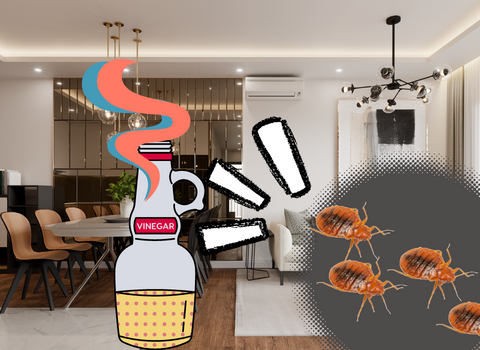
Crafting Your Own Vinegar-Based Bed Bug Spray
Crafting your own homemade bed bug spray can be a cost-effective and natural way to help control bed bugs. Here’s how to make your vinegar spray:
Ingredients:
White vinegar
Water
Essential oil (such as lavender, peppermint, or tea tree)
Empty spray bottle
Instructions:
Mix equal parts white vinegar and water in a spray bottle.
Add 10-15 drops of essential oil to the mixture.
Shake well to combine.
Spray the mixture directly onto bed bugs and their eggs, focusing on areas where they are likely to hide such as cracks, crevices, and seams of furniture and mattresses.
Repeat the process every few days until all bed bugs are eliminated.
Remember that while this vinegar spray may be effective to kill bed bugs on contact, it may not completely eradicate your bed bug problem. It’s recommended to use a combination of methods for the best results.
Additionally, some individuals may be sensitive to certain essential oils or vinegar fumes, so it’s important to test the spray in a small area first and avoid spraying near pets or children.
How to Apply Homemade Vinegar-Based Sprays for Killing Bed Bugs
To apply homemade vinegar-based sprays for killing bed bugs, follow these steps:
Prepare the mixture: Mix equal parts white vinegar and water in a spray bottle. Add 10-15 drops of essential oil to the mixture and shake well to combine.
Identify infested areas: Bed bugs tend to hide in hard-to-reach areas such as cracks, crevices, and seams of furniture and mattresses. Use a flashlight to identify infested areas.
Spray directly on bed bugs and their eggs: Spray the mixture directly onto bed bugs and their eggs, focusing on the identified infested areas.
Repeat every few days: Repeat the process every few days until all bed bugs are eliminated.
Use alongside other methods: It’s important to use this spray alongside other methods such as professional pest control services, natural remedies like diatomaceous earth or essential oils, and thorough cleaning and decluttering of affected areas for best results.
Test in a small area first: Some individuals may be sensitive to certain essential oils or vinegar fumes, so it’s important to test the spray in a small area first and avoid spraying near pets or children.
Following these steps, you can effectively apply homemade vinegar-based sprays to kill bed bugs.
Can Vinegar Act as a Repellent for Bed Bugs?
Vinegar may act as a repellent for bed bugs due to its strong smell and acidic nature. Bed bugs are known to dislike the strong smell of vinegar, which can make them avoid areas where the spray has been applied.
However, it’s important to note that vinegar-based sprays may not completely prevent bed bug infestations or eliminate existing ones. Therefore, it’s recommended to use sprays with vinegar to kill bed bugs alongside other methods and thorough cleaning and decluttering of affected areas for best results.
Weighing the Cons of Using Vinegar for Bed Bugs
While vinegar can be an effective tool for killing bed bugs on contact and possibly repelling them, there are also some potential drawbacks to consider.
Incomplete eradication:
While vinegar can kill bed bugs on contact, it may not necessarily eradicate a full infestation. Bed bugs can hide in hard-to-reach areas, and they may have developed resistance to certain treatments.
Strong odor:
The strong smell of vinegar may be unpleasant for some people, and it can linger in the treated area for several hours or even days.
Potential damage to surfaces:
Vinegar is highly acidic and can damage certain surfaces such as wood or natural stone if left on for too long.
Safety concerns:
Vinegar should be used with caution around pets and small children. If ingested, it could cause harm to their digestive systems.
Lack of residual effect:
Vinegar has no residual effect which means it won’t prevent future infestations.
While vinegar can be a useful tool in the fight against bed bugs, it’s important to weigh its pros and cons before deciding to use it as a treatment method. It’s recommended to consult with a pest control professional who can advise on the best course of action based on the severity of the infestation and other factors.
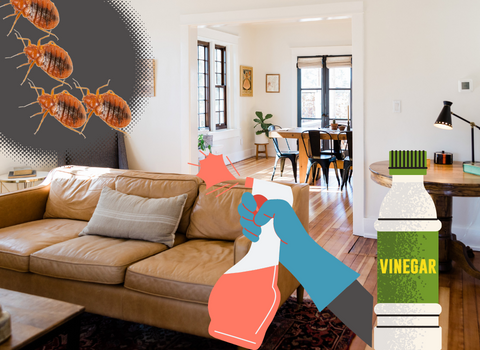
Extreme Measures: Addressing Severe Cases of Bed Bug Infestations
Severe cases of bed bug infestations can be difficult to address and may require extreme measures to fully eradicate the pests. Here are some options that may be considered:
Heat treatment:
Bed bugs are sensitive to high temperatures, and heat treatment involves raising the temperature of an entire room or building to a level that kills them. This method is effective in eliminating all life stages of bed bugs, including eggs.
Fumigation:
Fumigation involves sealing off a space and filling it with a gas that kills bed bugs. This method is typically used in severe cases where other treatments have failed.
Insecticides:
Insecticides can be effective in killing bed bugs, but they should only be used by licensed professionals who are trained in their application.
Removal of infested items:
In severe cases, it may be necessary to remove infested items such as furniture or bedding and dispose of them properly.
Structural modifications:
In some cases, structural modifications may be needed to eliminate hiding places for bed bugs and prevent future infestations. This could include sealing cracks and crevices, installing door sweeps, or repairing walls.
It’s important to note that extreme measures should only be taken after consulting with a pest control professional who can assess the severity of the infestation and recommend the best course of action.



